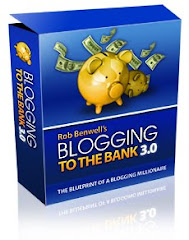SEO stands for search engine optimization, and it basically helps the search engines to better find your website. There are two types of SEO; on page optimization, and off-page optimization.
On-page optimization focuses on the content and structure of your website. It is important that you learn some of these strategies even before you build your website. Doing so will save you a lot of time and money in the end, because the search engines will send you free traffic, and so you won't have to spend as much time or money for marketing.
So what exactly is on-page optimization?
On-page optimization basically places relevant keywords on your webpages where the search engines will place the highest value on them. The search engines read your webpage from left to right, top to bottom. So the keywords which are placed at the top of your website are more valuable to them than the ones placed on the bottom.
As a matter of fact, after about 200 words into your content, the search engines will place little or no value on any keywords listed after. So you want to make sure that you get them in within the first 200 words.
The search engines also place a lot of emphasis on the title tag. This is actually the most important place to put your keywords. But, don't add too many to the title as the value decreases with each keyword in the title. So keep the title short, adding one or two keywords at the most for optimum results.
The description of your webpage is the little snippet which the search engines display when your website shows up in the search results. So when writing this, write it in such a way that will entice people to visit your website when it shows up for relevant keywords. Again keep it short; 30 words or less is all that is needed for this area.
The meta keyword tags are not that important as they used to be, simply because webmasters were abusing these. Never list any keywords here that are not in your content, and never repeat one keyword more than three times for one page. You can use single keywords, or keyword phrases.
The URL is another great place to stick your keywords into. And again, you want to keep it focused on one or two keywords at most.
Using these strategies together can help you to improve your rankings within the search engines, and increase your traffic.

No comments:
Post a Comment